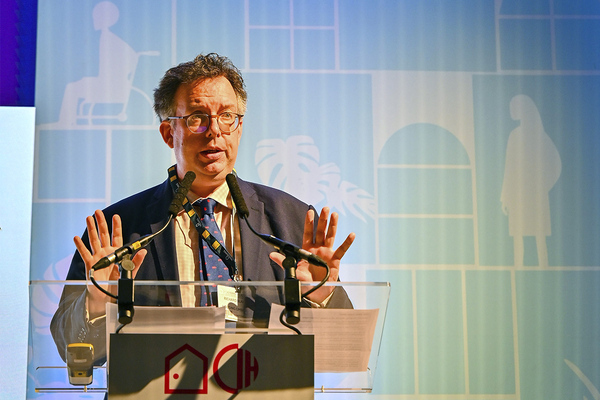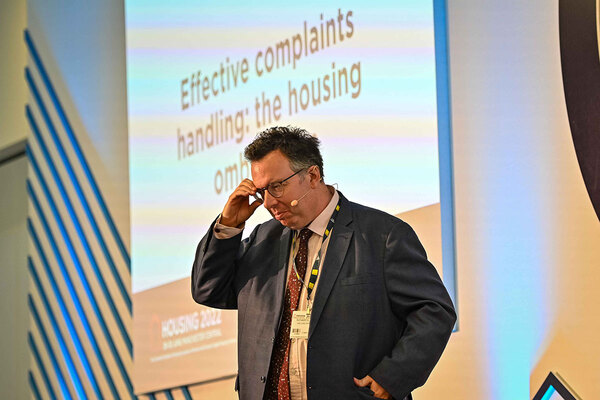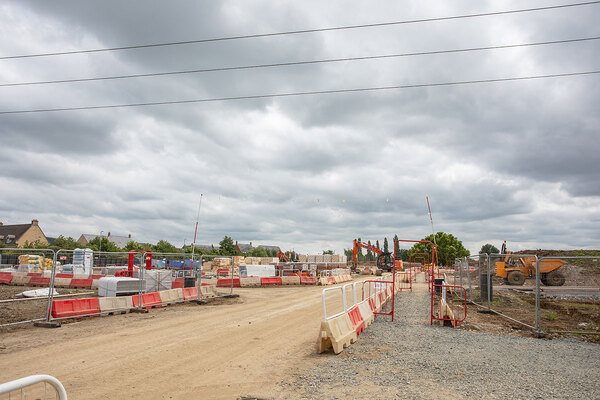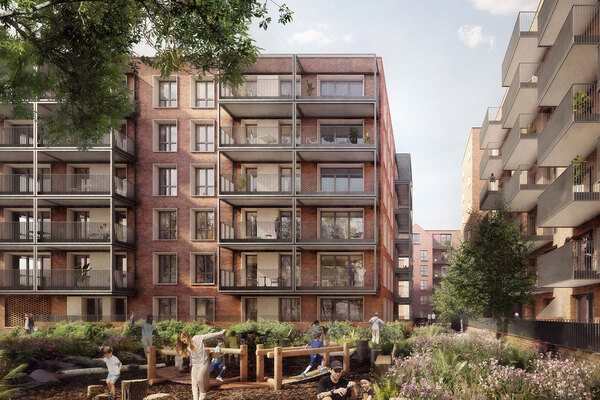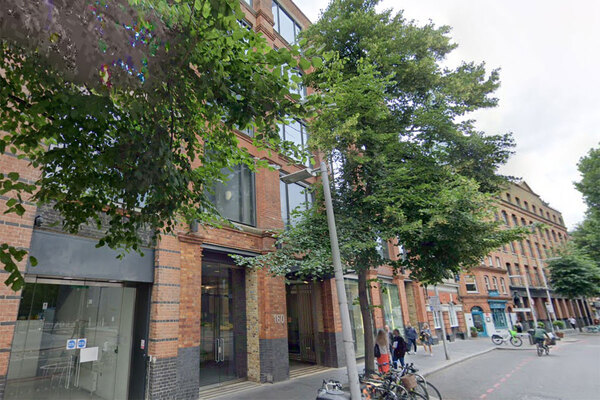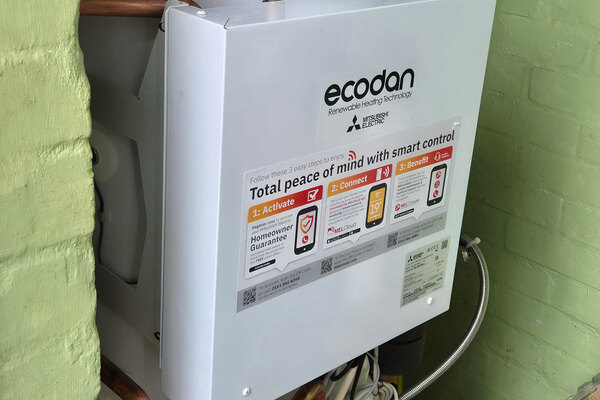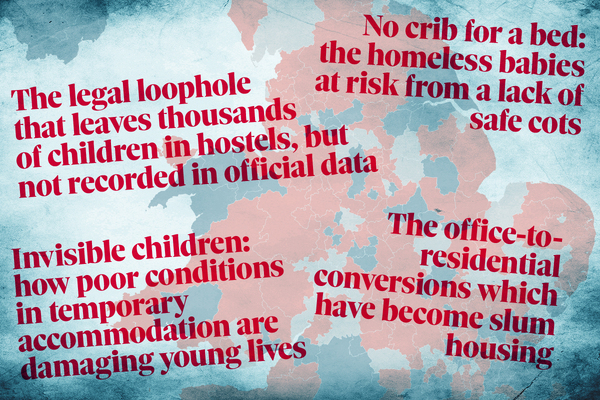Ombudsman launches consultation on good practice plans
The Housing Ombudsman has launched a consultation for landlords on its plans for issuing good practice.

The ability to issue good practice to English housing providers is a new power for the ombudsman contained in the Social Housing (Regulation) Act 2023.
According to the watchdog, the aim of good practice is to drive improvements in housing provision through learning from complaints.
The good practice will be accompanied by a self-assessment tool to help landlords apply it.
The ombudsman is proposing to encourage all landlords to self-assess upon receiving the good practice, rather than waiting for a complaint and an order from the watchdog.
It will not order landlords to submit their self-assessments as a matter of course, but only if they are needed to support the handling of a complaint.
Good practice is not best practice, the ombudsman explained, adding: “There may be entirely justifiable reasons a landlord feels unable to implement it.” The idea of the self-assessment is to record those reasons and for them to be scrutinised by the governing body.
As well as seeking feedback on its proposed approach to delivering good practice, the consultation is looking for views on potential topics for the first good practice.
These include making an effective apology, deciding on appropriate levels of compensation, effective complaint-handling during a merger or stock transfer, effective “root cause analysis” of complaints, and knowledge and information management.
The consultation will run from until 21 May 2024. A formal response will be issued in summer-autumn 2024 and a consultation on the first draft good practice will launch in the same period.
The formal good practice will be issued in autumn this year.
Richard Blakeway, the housing ombudsman, said that among the watchdog’s new powers, good practice “has perhaps had less focus to date”.
“This consultation sets out what it is and how we will approach it. It is an opportunity for you to help shape it, to maximise the benefits for landlords and residents,” he added.
Mr Blakeway said that good practice “will help us be more focused and specific based on our casework and feedback through the consultation that will take place before we issue the guidance”.
He continued: “We believe good practice, which will be issued selectively in recognition of the finite resources of landlords, will help extend fairness and encourage learning to the benefit of landlords and residents, as well as support the earlier resolution of complaints by landlords during a period of unprecedented volumes.”
Earlier this month, the ombudsman opened applications for its next resident panel.
Sign up for our tenancy management newsletter
Already have an account? Click here to manage your newsletters
